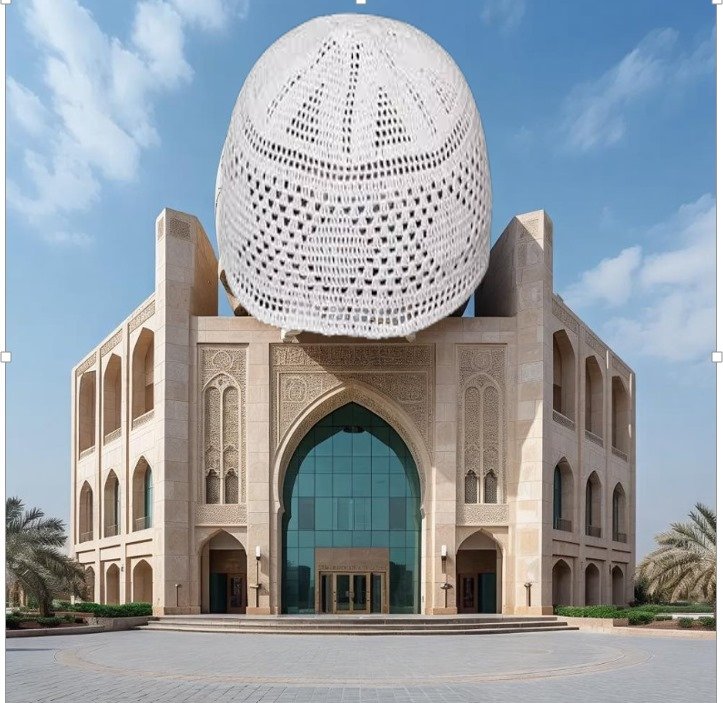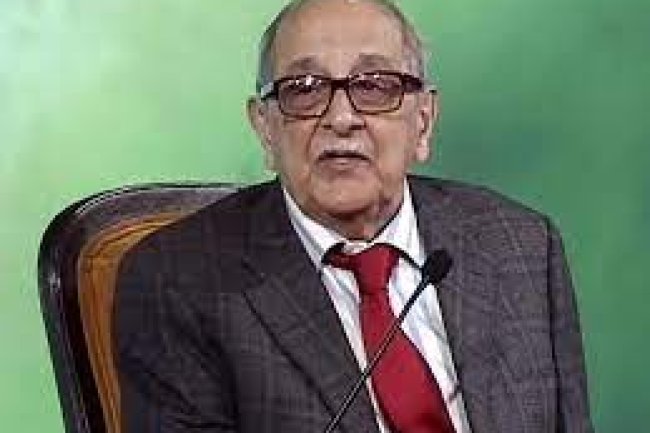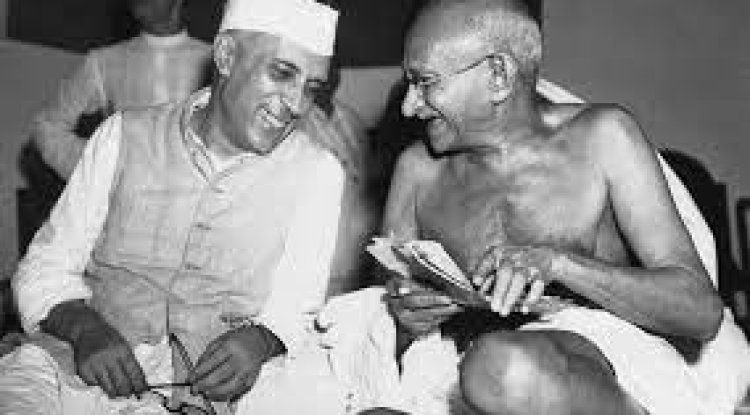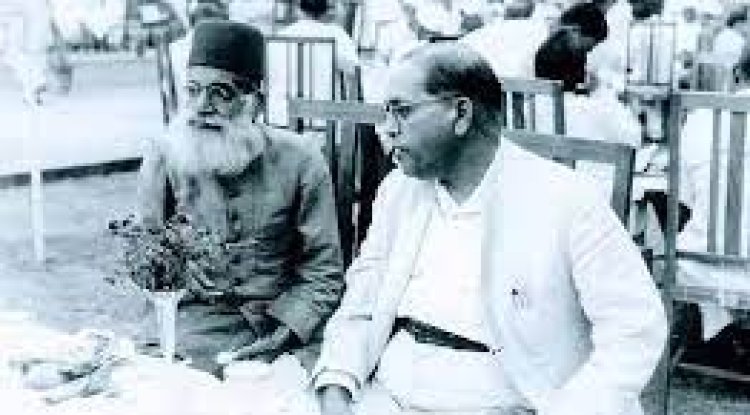Passing of Waqf Amendment Bill and impact on Muslims
While there are allegations of corruption and mismanagement within Waqf Boards, the Muslim community remains determined to resolve these issues internally. The fundamental principle of Waqf is perpetuity—it cannot be transferred, nor can the government claim ownership of property endowed for the welfare of Muslims

| Written by Asif Hussain, Asif Malik, Adv Delhi High Court |
|
How the passing of Waqt Amendment Bill may have an impact on the Muslims? At the very outset of this concise and precise article it should be clear that the majority which supports Waqf Institution or Waqf Boards has no clue about it, nor a large section which opposes Waqf, knows what and how will the passing of proposed Amended Legislation serve any purpose of our fellow citizens, in case the Parliament is able to pass it and carry it out. Therefore, it is significant to shed some light on Waqf. |
|
What is Waqf? The Waqf system is a charitable institution in Islam, where individuals voluntarily endow property for religious, educational, or philanthropic purposes. There are 32 waqf Boards and the property that the Waqf Boards currently own as of August 2024, estimates 8.7 lakh properties spreading across 9.4 lakh acres of land, statistics provided by the Gov’t of India (though the source remains unverified). |
|
Why Do Muslims Make Endowments? The practice of Waqf is deeply rooted in Islamic teachings, particularly in the Quran, which encourages acts of charity as one of the key attributes of a believer. In Surah Al-Anfal, Chapter 8: Verses 2-4, the fifth attribute is described as "Spending in the Way of Allah." This includes all forms of charitable giving, such as Waqf (endowments), Sadaqat (charity), Khairat (donations), Zakat (obligatory alms), and voluntary contributions in the form of an assistance amiably provided to guests, friends and respected elders. The endowment of mosques, religious schools, institutions, and khanqahs (hermitages) is established with the understanding that charitable acts yield ongoing spiritual rewards (Thawa’b/Sawa’b) recorded by the Angels of Allah. According to Qur'anic and Islamic teachings, such rewards not only benefit an individual during their lifetime but continue to accrue as long as others benefit from the endowed property—whether it be a house, land, books, or a library. This perpetual charity, (known as Sadaqah Jariyah), extends the donor's good deeds well beyond their earthly existence. |
|
Is endowment serving any purpose for Muslims? In principle, Waqf properties are meant to serve the welfare of the Muslim community through religious, educational, and social welfare activities. These properties have the potential to significantly impact the underprivileged by providing housing, education, and healthcare. As of now we have not heard any widow is getting some monetary assistance from Waqf Boards, nor have we come across of any student whose education is being sponsored by the Waqf Boards. What remains in limelight are the allegations of corruption and mismanagement in many waqf boards across India. In a detailed article published by Deccan Herald on 18.10.2009, titled as "In the name of Allah: Waqf corruption in India". It was reported that “according to a joint parliamentary committee headed by Rajya Sabha chairman K Rehman Khan almost 70 per cent of Waqf property has been encroached upon and of the remaining, cases of blatant corruption abound. Almost 77 per cent of Delhi was owned by the Waqf but most of its properties have been illegally occupied, including the CGO Complex, Jawaharlal Nehru Stadium, Delhi High Court, Delhi Public School (Mathura Road), Anglo Arabic School, newspaper offices on Bahadurshah Zafar Marg, besides umpteen Central government offices. All these properties were lost because Waqif management laws were inadequate and the Central Waqf Council a toothless body. Ironically, the list of encroachers, illegal occupiers and perpetrators of misappropriation of Waqf properties include the names of personalities as prominent as Ahmad Bukhari, the Imam of Jama Masjid of Delhi, Maulana Muazzam Ahmed, the Naib-Imam of the Shahi Masjid, Fatehpuri, Delhi and some well-known organisations and individuals”. Such practices have plagued many Waqf Boards across India, depriving the community of the full potential benefits these properties could have provided. |
|
Misappropriation in Waqf properties Rampant corruption in Waqf Boards and embezzlement within Waqf Boards provided the government with an opportunity to intervene and act like a big brother and a custodian of Muslim rights similar to its approach with the Triple Talaq Bill (Muslim Women Protection of Rights on Marriage Act, 2019). The Waqf Amendment Bill 2024 is seen as another such attempt to assert control over the management of Waqf properties. |
| Why Do Muslims View the Waqf Amendment Bill as Government intrusion?
The Quran in Surah Tauba, Chapter 9: verse 17. emphasizes “It is not for the Mushriks (polytheists) to build up the mosques of Allah”. Verse 18. “In fact, the mosques of Allah are built-up only by those who believe in Allah and the Last Day and those who establish salah (Namaz) and pay zakah and who fear none but Allah. So, it is in all likelihood that they are to be among those on the right path”. When it is said in the present verses that Mushriks (polytheists) can not take up the task of 'maintaining' a masjid which was something only righteous Muslims could do, it refers to the trusteeship and ad- ministrative responsibility of the masjid. The outcome is that it is not permissible to appoint a Mushrik the trustee and administrator of any Islamic Waqf (endowment). (Tafsir Maraghi). (Ma’ariful Qura’n by Mufti Shafi Usmani) Critics also point out an inconsistency in government policy. While Hindus, as per Explanation II of article 25 of Constitution of India include in its wide ambit, Sikhs, Jains, and Buddhists , however when it comes to management, only Hindus are permitted to manage Hindu temples. Yet, the government seeks to involve non-Muslims in the administration of Waqf properties, is seen as a double standard. |
|
Waqf Properties in Other Islamic Countries The entire Muslim Ummah and all the jurists are unanimous on the fact that all those areas of Makkah and the haram where the essential rituals of the pilgrimage are performed, such as the space between Safa and Marwah, where the pilgrims perform ‘Say’ (a ritual involving walking and running between the hills of Safa and Marwa), and all the open areas of Mina, 'Arafat and Muzdalifah are waqf (endowed) for the benefit of the entire Muslim ummah and have never been, nor can ever be, owned by individuals and no muslim can be denied access to them. |
|
Does the Indian Constitution safeguard a community's right to self-governance? Article 26 of the Indian Constitution grants every religious group the freedom to manage its own affairs in matters of religion with an objective to protect the autonomy of religious communities, allowing them to practice, manage, and govern their religious institutions and properties without undue interference, ensuring religious freedom and cultural diversity in India. |
|
What is the Objectives of The Waqf Amendment Bill, 2024 The Waqf Amendment Bill, 2024, besides Centralization of Power and Increased Government Control, is aimed at curbing corruption and mismanagement and transforming Waqf Board into an Efficient Body, but how and in what manner? The gov’t has amended Section 52A of 1995 Act, which imposed rigorous imprisonment for the unauthorized sale or possession of Waqf property, has been replaced with simple imprisonment. Offenses that were once cognizable and non-bailable no longer carry the same severity, and fines have been reduced from ₹10,000 to ₹3,000. |
|
How else the Gov’t is making this law robust? Another alarming provision mirrors Indira Gandhi’s 39th Amendment: it prohibits any court from hearing or deciding cases related to unregistered Waqf properties after six months of the bill’s commencement. It signifies that the portal for any relief is closed by the gov’t with the sole intent to rob Waqf of its owned property. If the intent is to protect Waqf, this sort of provision must not have any place where even the Judiciary is barred from taking its own course. |
|
Emerging opinions from Muslim community and its leaders? While there are allegations of corruption and mismanagement within Waqf Boards, the Muslim community remains determined to resolve these issues internally. The fundamental principle of Waqf is perpetuity—it cannot be transferred, nor can the government claim ownership of property endowed for the welfare of Muslims. If the Waqf Amendment Bill 2024 is not carefully handled, it could lead to heightened tensions within the community and greater radicalization. The government must tread carefully to avoid further alienation of the Muslim population. The Waqf Amendment Bill may aim to address real issues within Waqf management, however, its broader implications on religious autonomy and the preservation of Muslim endowments cannot be ignored. The government must balance the need for reform with respect for religious institutions, lest the bill provoke unnecessary upheaval. |











